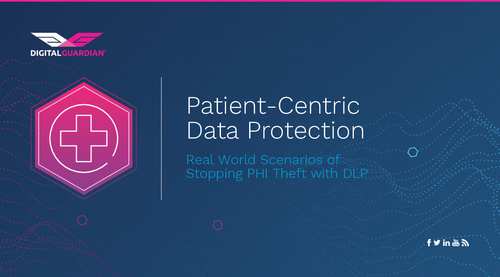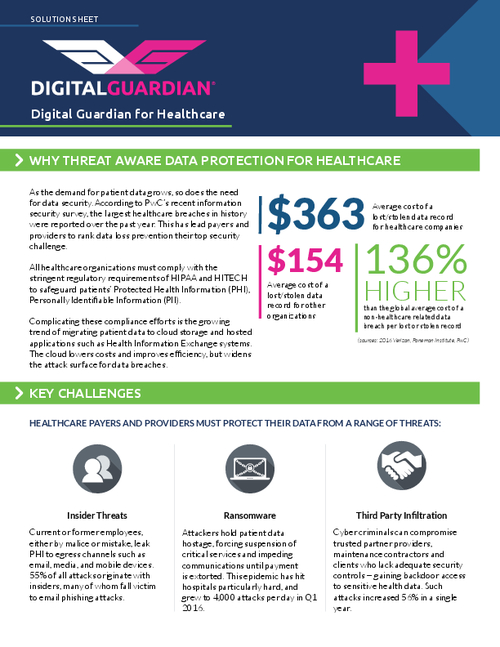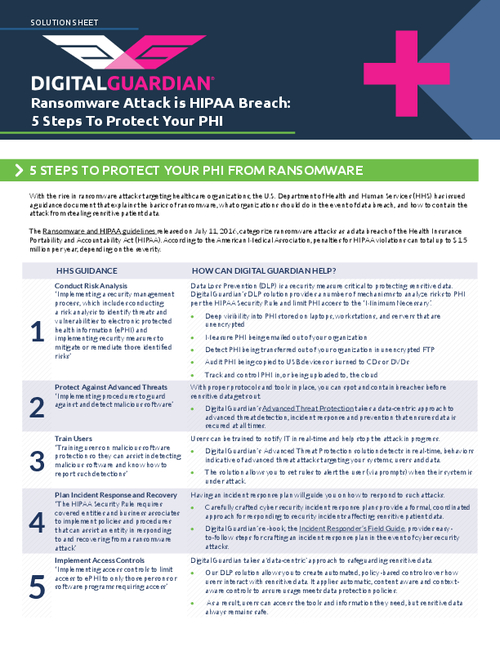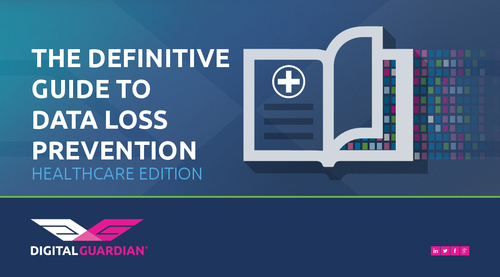$50,000 Fine in Records Dumping Case
Information on 757 patients found in a dumpster
The four boxes of patient records from Prompt Med in Greensboro contained personal information on 757 individuals, according to State Attorney General Roy Cooper. The files included names, addresses, dates of birth, Social Security numbers, drivers' license numbers, insurance account numbers as well as personal health information.
The case predates the effective date of the HITECH breach notification rule , which requires notification of federal authorities for major breaches. The attorney general pursued penalties under a 2005 North Carolina law that requires businesses to destroy or shred disposed documents that contain personal identifying information.
In commenting on the incident last year, Prompt Med said a vendor hired to transfer records to a storage facility improperly disposed of them. The urgent care center terminated its contract with the vendor.
The North Carolina attorney general reported it's investigating several other cases involving improper disposal of documents, including one at a doctor's office in Roanoke Rapids.






















